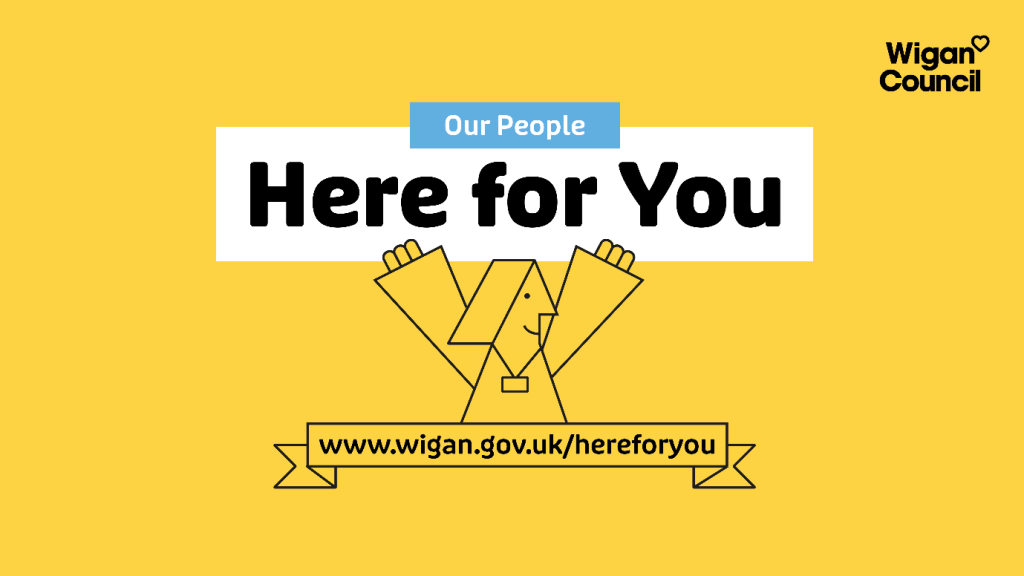Read the latest LGComms blog from Wigan Council’s Strategic PR Manager, Lucy Downham
The warmer weather might bring welcome respite to our ever-escalating energy bills and tightening purse strings, but don’t be fooled, the cost-of-living crisis is here to stay and here in Wigan we don’t want to leave anyone out in the cold.
Last week the government began issuing its next round of means-tested cost-of-living payments to millions of eligible households. Over the next 12 months, households could receive up to £900 to tackle the cost-of-living crisis. Despite this and other promises made during the Spring budget, the financial support doesn’t scratch the surface when compared to the escalating level of inflation.
Last week The Trussell Trust announced a record take up of people accessing food banks amid the cost-of-living crisis and it’s not surprising since inflation reached 19.1% in March – meaning households are facing the fastest annual increase in food and drink since 1977.
The Freddo is one of the best indicators of inflation in real terms, back in the 90s this small chocolate bar was 10p, rising to 25p in 2016 and to 68p in 2023 – that’s a whopping 37% increase in 7 years.
In Wigan the number of residents accessing food pantries and our household support fund has increased and we’re seeing people accessing support for the first time. The cost-of-living crisis does not discriminate, with more than 3,000 people making their first claim this year, highlighting the impact the crisis is having on households including those not previously on the breadline.
Financial insecurity can often lead to other issues, from illegal borrowing, gambling, poor mental and physical health and even homelessness. Ensuring our residents have access to all the financial help and support available now is essential if we are to stop the crisis from spiralling out of control and leaving residents even more vulnerable.
But how?
The key to effective communication during this crisis is identifying and targeting your intended audience and then listening, and really understanding them and their concerns. Financial insecurity can be an embarrassing subject and benefits a stigma, particularly in Wigan where there is a strong sense of pride. It’s important to employ empathy in communication and use non-judgemental, warm, and inclusive language to encourage people to come forward and ask for help early without feeling judged or embarrassed.
At Wigan Council we subscribe to the Team Wigan Behaviours. These behaviours have cultivated a culture of kindness, positivity, accountability, and courage which is reflected in the way we treat our customers and our brand. Out of this we created Here for You – a non-judgemental, caring, friendly, warm and welcoming campaign designed to encourage residents to ask for help, by showing them that we are here to listen and help and that we understand.
Utilising new household data acquired by our in-house Joint Intelligence Unit we were able to identify households in the borough with the lowest disposable incomes. This allowed us to deliver a location targeted campaign, utilising outdoor advertising including phone boxes and billboards and on street engagement via our tenant engagement team. We issued thousands of newsletters via council rent statements, included articles in the resident’s magazine and developed a toolkit for partners to share with their audiences. New webpages were created containing useful information and signposting to services and a weekly Here for You Q&A launched, live streamed on Facebook and hosted by our in-house benefits expert and featuring special guests based on the theme.
So far, the campaign has been a huge success, helping us to support thousands of residents, but with inflation showing no signs of slowing it’s time to buckle down and accept we’re here for the long haul…
